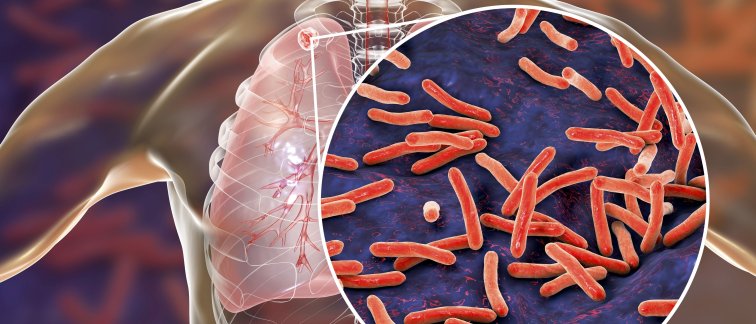Two research projects have received a total of about 900,000 euros for applied preclinical research aimed at finding new antimicrobial treatments within the research programme Novel Antibacterial Compounds and Therapies Antagonizing Resistance (NACTAR).
Threat to public health
Antibiotic resistance is a worldwide threat to public health. So there is a huge demand for new drugs and ways of controlling bacterial infections. Science and industry have therefore joined forces in the research programme NACTAR. The collaboration within the research projects must contribute to a smooth utilisation of research results within the Dutch healthcare system.
In 2018, eight research projects were already awarded funding in the NACTAR programme. These seek to develop new accessible and affordable antibiotics, and alternatives to antibiotic use. The projects now awarded funding are part of the second call, which aims to bring newly developed antibiotics, products and/or alternative treatments into the preclinical or clinical testing phase. The two research projects have a maximum duration of two years and focus on two new promising solutions.
Hospital bacteria and tuberculosis
The research project Targeting Mycobacterium tuberculosis, setting up the stage for type VII secretion inhibitors focuses on research into antimicrobial substances that can tackle the bacteria that causes tuberculosis (TB). The disease, which kills 1.5 million people per year, has become more difficult to treat due to the rise of resistant bacterial strains. The research builds upon an earlier outcome from a current NACTAR project. Project leader Prof. Wilbert Bitter (Amsterdam UMC): ‘Our research is now in a difficult intermediate stage. The experiments are subject to strict safety requirements and are therefore expensive, and companies are not yet directly interested. The experiments that we can now do are vital for convincing them about the effect of our new drug.’
The research project Advanced Pre-clinical Evaluation of the Guanidino Lipoglycopeptides: A Novel Family of Glycopeptide Antibiotics with Best-in-Class Potential focuses on research into an alternative antibiotic that can combat highly prevalent resistant bacteria such as the ‘superbug’ MRSA. Project leader Prof. Nathaniel I. Martin (Leiden University) says: ‘This grant is hugely important because it will allow us to more fully realize the translational potential of an exciting new class of antibiotics.’
Summary
The NACTAR programme is a collaboration between the Ministry of Health, Welfare and Sport and NWO Domain Applied and Engineering Sciences. They have jointly invested almost 7 million euros in the research programme. The Ministry reserved 1 million euros of its contribution for preclinical or clinical studies and requested that NWO Domain Applied Engineering Sciences organise the allocation of these funds in close collaboration with the Netherlands Antibiotics Platform. It is expected that the projects from this last call will contribute to translating previously developed antimicrobial molecules, therapies and/or treatments to the clinical situation, aimed at curing human infectious diseases caused by resistant bacteria

